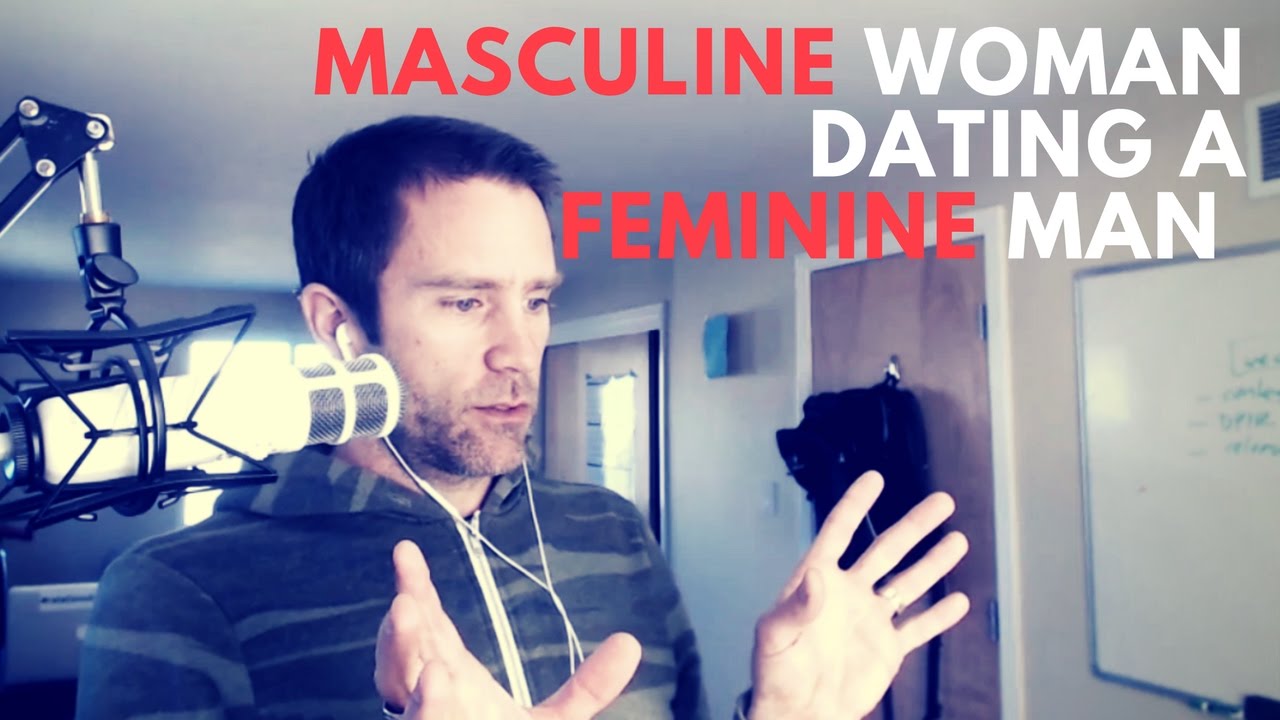Conflicts that are related to defensiveness can stem from a partner’s relational history. Taking the time to understand why a partner feels defensive is the first step in discussing and resolving the issue and understanding the different needs in a relationship.
Understanding Why a Person Feels Defensive
There are several possible issues that can lead to defensive reactions instead of productive conversations. Here are 3 of the most common reasons why a partner may feel defensive, all of which can make relationships more challenging if they are not addressed. The defensive partner should be willing to explore why he or she might be feeling defensive and the other partner should be willing to listen in order to gain a better understanding of one another.
-
Perceived Threat Based on Past
Perceived threats based on past issues are particularly common reasons why partners might feel defensive. Our perception of the situation at hand may feel different from reality based on challenges from our past, such as lingering feelings that we are not good enough for our partner, and simple questions can make it feel as though our partners are questioning everything we do for a negative reason. This tendency to link the current context with issues from the past creates an ongoing struggle between the threat in our minds that may not actually exist and the potential risk that continuing the conversation may involve. Check in with yourself. If you grew up with a critical parent, you’re going to be sensitive to feeling like you’re doing it “wrong” and likely get defensive.
-
Prefer to Ignore Past
Partners often prefer to ignore past issues instead of discussing them with each other. Not wanting to bring up the past can cause them to immediately shut down at the first hint that their partner may be about to bring up that issue. This type of defensiveness can cause the other partner to feel as though they are the one being shut down, rather than the past issue, and both partners need to work toward understanding the other’s perspective in order to move toward a more productive solution. Check in with yourself and see if you have any past lingering resentments.
-
Fear of Failure
Fear of failure is often linked to a lack of full trust in one’s partner. Not feeling as though it is safe to tell a partner everything can cause a defensive partner to simply hold onto possible fears instead of talking through them. Breaking down these invisible walls can take time as partners deepen their trust in one another. Check in and see if you have a trigger around failing.
Something Else is Prioritized
Regardless of the specific reason for defensiveness, something other than the partner is being prioritized. The defensive partner treats his or her fears, perceived threats, or desire to avoid the past altogether as more pressing than the needs of his or her partner, which can cause that partner to feel less important. Although the defensive partner does not, in most cases, actually believe that whatever is causing their defensiveness is a higher priority than their partner, the partner’s reaction to defensiveness can often make the situation even more complicated.
Although there are several potential reasons for defensiveness, most of them can be worked through. Patient, understanding conversations that prioritize learning about the partner’s point of view of a particular situation can help build compassion for the other partner and a deeper knowledge of how both partners’ actions are affecting the other partner. Once partners identify why they are feeling defensive and admit that they are subconsciously prioritizing that reason over their partner, conflicts can more easily be resolved. Contact The Relationship School today for more tips for working through conflicts in your relationship!
Being defensive is normal and understandable. However, staying defensive will kill any and all relationship potential. Go work on it!
View our entire podcast on long distance relationships, communication and defensiveness.











